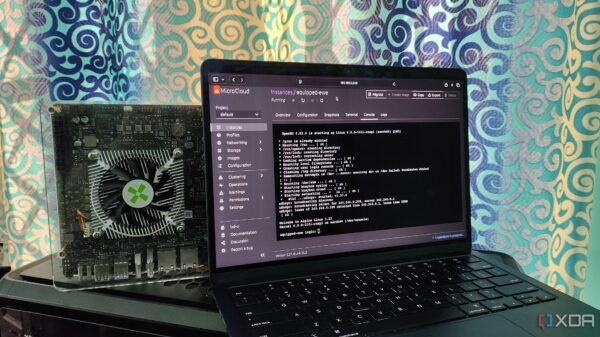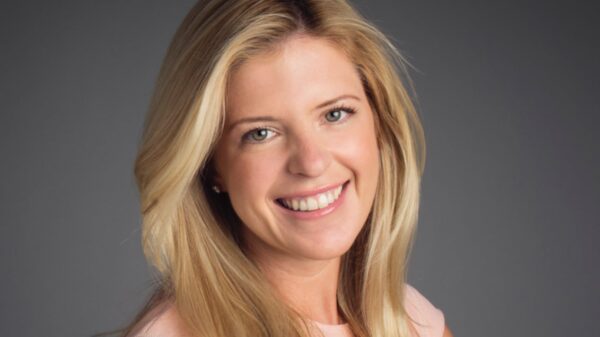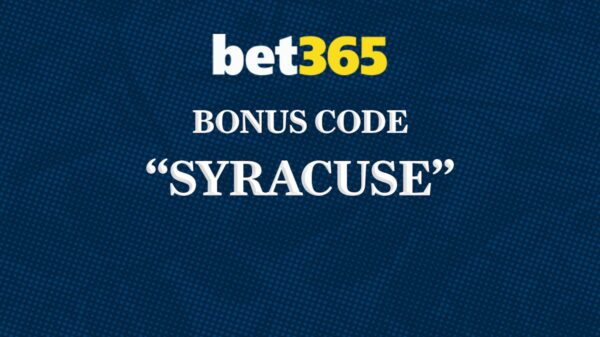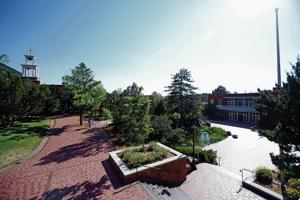St. John’s College, located in Santa Fe, New Mexico, has announced the launch of a new Master of Arts in Middle Eastern Classics program. Starting in August 2024, this one-year, in-person graduate program will focus on critical religious, philosophical, and poetic texts from Islam and Judaism. This initiative seeks to enhance understanding of the Middle East’s rich cultural heritage at a time when geopolitical events have drawn renewed attention to the region.
According to David Carl, dean of the Santa Fe campus’ graduate program, the need for open discourse between different cultural traditions has never been more urgent. He emphasized that “the stakes are higher than they’ve ever been,” highlighting the importance of fostering dialogue through academic exploration. The new program aims to bridge the geographical gap between the Western tradition of the college’s Classic Liberal Arts program and the Eastern perspectives offered by the college’s existing Eastern Classics program.
Addressing Historical Gaps in Education
The introduction of the Middle Eastern Classics program also addresses significant historical voids within the college’s curriculum. Carl pointed out that there is a notable 1,000-year gap between texts from St. Augustine’s “Confessions,” written around 300 A.D., and Dante Alighieri’s “Divine Comedy,” created in the early 1300s. During what Europe termed the Dark Ages, other parts of the world experienced remarkable intellectual growth. “Many of the books that we will be reading in this new master’s program were written in that 1,000-year window,” he stated.
The program has been a decade in the making, originating from a summer course offered by the college ten years ago. Over the last two years, intensive discussions among a group of eight faculty members led to the development of the new curriculum. Six of these faculty members will now teach in the program. Initial hurdles included concerns over the quality of English translations and the program’s potential to attract enough students to be financially sustainable.
Funding and Curriculum Development
Recent geopolitical events, such as the conflict between Israel and the Palestinian territories, have heightened interest in Middle Eastern studies. This renewed focus has assisted college President Walter Sterling in securing funding, including a substantial anonymous donation of $1 million.
Beyond geopolitical relevance, Carl believes the texts from this region offer valuable insights, particularly for students raised in American culture. He noted that concepts often taken for granted in the West, such as the separation of church and state, are perceived differently in the Middle East. “When you start reading Islamic texts or Jewish texts, you realize that’s an unthinkable thought,” he explained, stressing the importance of understanding diverse viewpoints.
Like the existing Eastern Classics program, which includes instruction in languages such as Chinese and Sanskrit, students in the Middle Eastern Classics program will also have the option to concentrate on either Arabic or Hebrew. The goal is not to provide exhaustive linguistic training but to equip students with a foundational understanding necessary to engage with texts in their original languages. Carl compared this need to studying Shakespeare in English rather than relying solely on translations.
The curriculum will focus on texts that are not only historically significant but also resonate with contemporary issues. “We want our classes to be devoted to a focused and deepening understanding of the actual historic work,” Carl said, while acknowledging the potential for discussions around current events and controversies relating to the Middle East. He affirmed the program’s commitment to addressing sensitive topics with care and respect.
As St. John’s College embarks on this new academic endeavor, it aims to enrich its offerings and contribute to a more nuanced understanding of Middle Eastern cultural heritage in an increasingly interconnected world.



































































